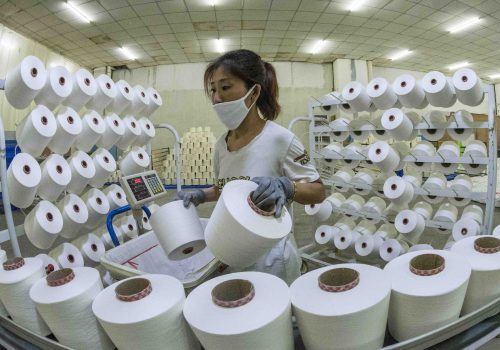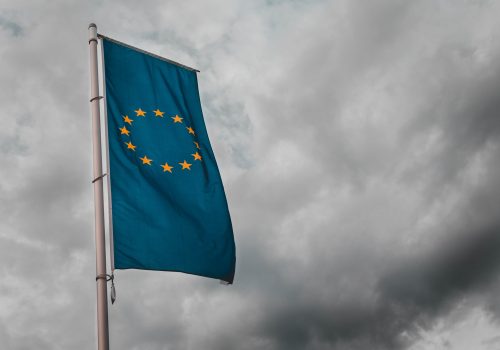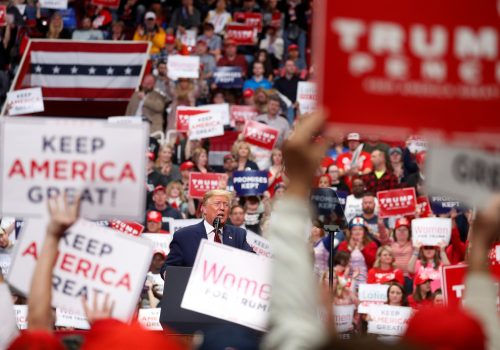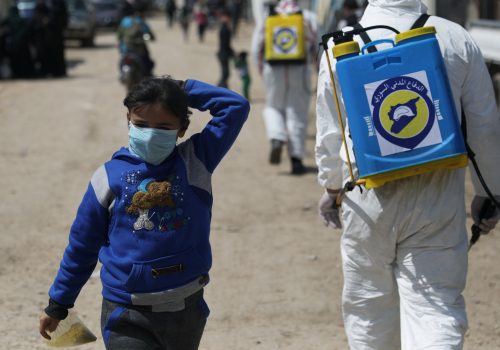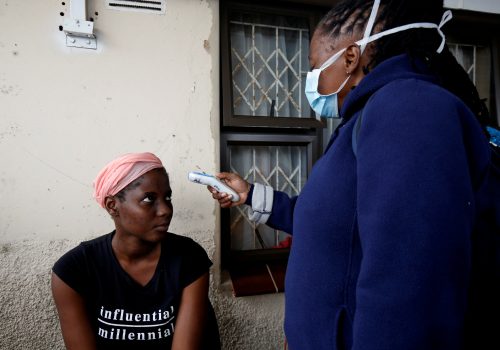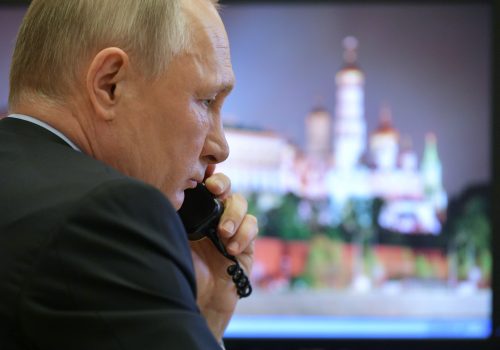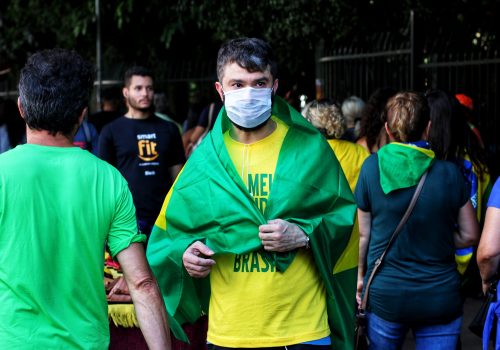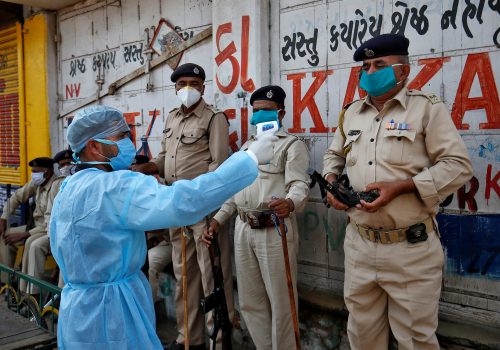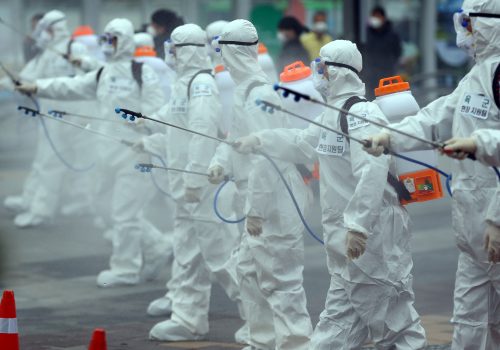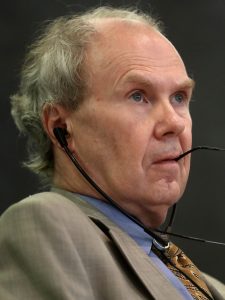A step change in Sino-American relations
The US foreign policy elite worries that the United States could lose the global leadership contest with China if Washington perseveres with its “America First” approach. See, for example, Kurt M. Campbell and Rushi Doshi, “The Coronavirus Could Reshape Global Order,”1Foreign Affairs, March 18, 2020, https://www.foreignaffairs.com/articles/china/2020-03-18/coronavirus-could-reshape-global-order.
There is bipartisan agreement that China is to blame for the coronavirus outbreak. Chinese wild animal markets have long been seen as a danger for pandemic outbreaks. Both Democrats and Republicans are incensed about the US dependence on China for pharmaceuticals and medical supplies.
The full text of the paper is split across the various articles linked below. Readers can browse in any order. To download a PDF version, use the button below.
At a minimum, a decoupling in this and other realms seems in the offing. Never again should the United States find itself in such a disadvantageous position vis-à-vis China.
Compounding the anger is the realization that China is pulling out of the crisis ahead of the United States and is already starting its economic recovery. The most recent Institute of International Finance (IIF) forecast shows China recovering to the point of having 2-3 percent GDP growth for the year.
All Western countries, including the United States, will lose GDP.
In the short term, both the United States and China may need each other to ensure a chance at a global recovery.
In 2008, China reflated its economy and, in doing so, helped the rest of the world recover. In late May, Chinese leaders announced a much smaller stimulus package. Beijing will issue bonds and raise the fiscal deficit by only a combined RMB 5.8 trillion ($813 billion).2Sun Yu, “China Signals Room Left to Borrow in Drive for Economic Rebound,” Financial Times, May 24, 2020, https://www.ft.com/content/0b763997-0561-442b-88df-1b24af98dae0.
China does not appear to have the same capacity or willingness for a large recovery package. China’s total debt load amounts to about 310 percent, and some observers believe it does not have the appetite for a major economic stimulus initiative.3David Lubin, “China’s Post-Virus Stimulus: No Silver Bullet,” Financial Times, March 6, 2020, https://www.ft.com/content/e1f5df86-36af-4fa2-9cdd-666ffa524926; Editorial Board, “China Should Stand Up to Revive Global Demand,” Financial Times, https://www.ft.com/content/b19ffca2-7030-11ea-89df-41bea055720b. If the global recovery is long and halting, and does not deliver on jobs, both leaderships in the United States and China will face real tests and in this soured atmosphere, protectionism and Sino-American frictions will become even stronger.
The bottom line is, the COVID-19 pandemic may end up reinforcing Xi and the Communist Party of China’s (CPC’s) authoritarian tendencies on the one hand, and an “America First” reaction on the other.
See where US leadership is most vulnerable
Related Content
About the Authors
Image: A worker works at a textile factory in Qingzhou city, east China's Shandong province, 18 March 2020.

